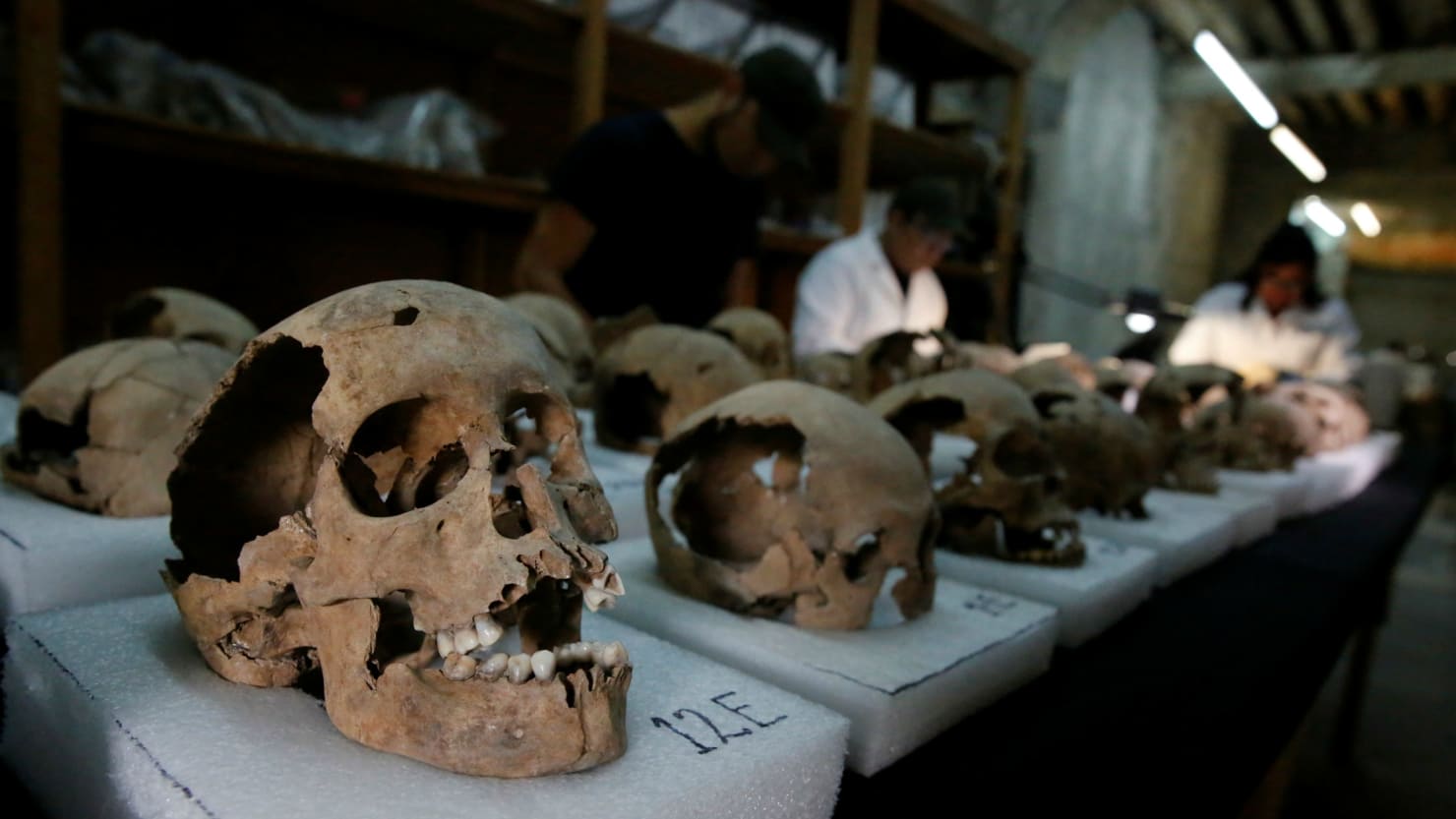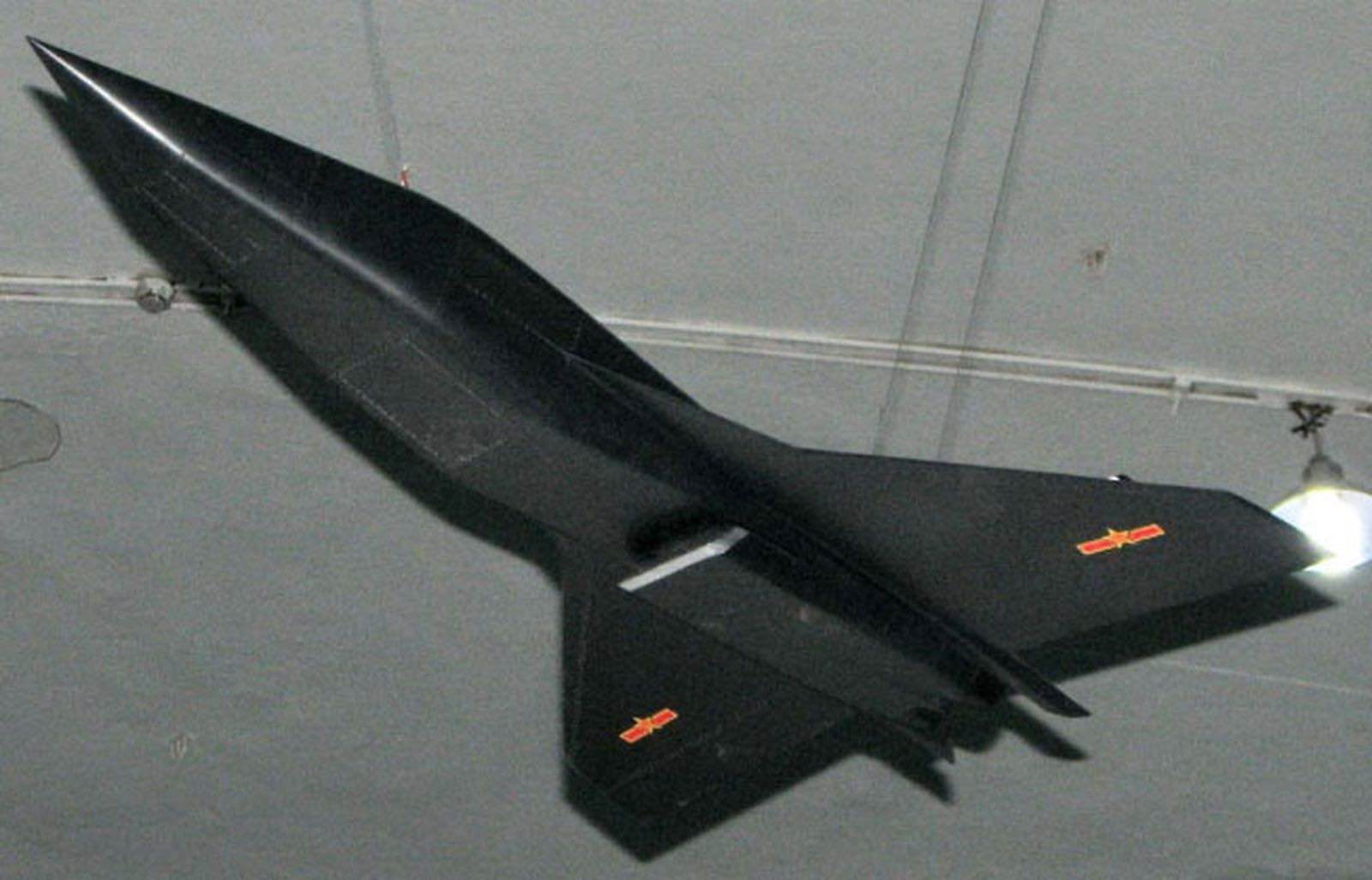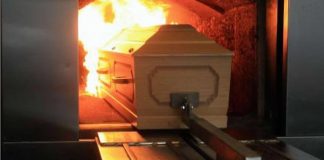
A tower of more than 650 human skulls was unearthed beneath the heart of Mexico City.
In 2015, archaeologists excavating in the Templo Mayor complex in Tenochtitlan uncovered what could be the largest ceremonial skull rack ever built by the Aztecs. But a new discovery found among the skulls has raised new questions about the culture.
The ancient Aztecs called their capital city Tenochtitlan, and parts of it are still being unearthed under the thriving metropolis of modern-day Mexico City.
In 2015, archaeologists from the National Institute of Anthropology and History, while excavating in the Templo Mayor, uncovered what could be the largest ceremonial skull rack ever built by the Aztecs more than 500 years ago. The skull racks, called “tzompantli” were unearthed on the western side of the temple complex. and are believed to have been constructed between 1485 and 1502 and may have been about 112 feet (34 meters) long and 40 feet (12 meters) wide.
At the time, only 35 skulls could be seen in the excavation, however, archaeologist Raul Barrera said, ” there are much more” in the underlying layers. “As we continue to dig the number is going to rise a lot.” Little did archaeologists know just how many more skulls the racks would give up.
Archaeologists have found over 650 lime-caked skulls as well as thousands of skull fragments in a circular edifice. The skull tower is believed to form part of what is called the Huey Tzompantli, or “great skull rack.” The Huey Tzompantli was imposing and massive, according to historical accounts left by Spanish conquistadors, and very frightening.
Can you imagine what went through the minds of the soldiers in the Hernan Cortez expedition when they first laid eyes on the Huey Tzompantli? The masonry platform was made up of “thirty long steps” measuring fully 60 meters (197 feet) long and 30 meters (98 feet) wide at its top.
However, the real horror was still to be seen. On top of the platform was erected a formidable wooden palisade and scaffolding consisting of between 60 and 70 massive upright timbers, woven together with numerous horizontal cross beams upon which were suspended tens of thousands of decapitated human heads.
Skull racks seemed to be a part of other Mesoamerican cultures, including the Toltec and Mayan people. But it was the Toltecs that introduced human sacrifice on a large-scale to the Maya. And apparently, the Aztecs took it even further. But historians have always believed human sacrifice on a large scale was reserved for warriors captured in battle.
This fact is evident from the number of human skulls found around Aztec temple sites today. The captive would be led to the top of the Templo Mayor where a temple priest, using a sharp obsidian flint, sliced the chest open, tearing the still-beating heart from his chest – then the corpse was pushed down the stairs at the front of the temple.
Attendants at the bottom were responsible for severing the limbs and head from the torso, and the warrior who brought the captive in would be given the limbs as property. Many scholars have determined that these limbs would be cannibalized
Archaeologists excavating the skull rack began finding the craniums of women and children among the thousands of skulls adorning the rack, obviously not warriors, and this suggests that a full understanding of the Aztec culture is far from complete.
“We were expecting just men, obviously young men, as warriors would be, and the thing about the women and children is that you’d think they wouldn’t be going to war,” said Rodrigo Bolanos, a biological anthropologist investigating the find. “Something is happening that we have no record of, and this is really new, a first in the Huey Tzompantli,” Bolanos added.
In 1487, at the re-consecration of the Great Pyramid of Tenochtitlan, the Aztecs reported that they sacrificed about 80,400 prisoners over the course of four days. An exaggeration? Perhaps. But archaeologists do expect to find more skulls, perhaps thousands upon thousands more. It will be interesting to find out how many more women and children’s skulls will be found













